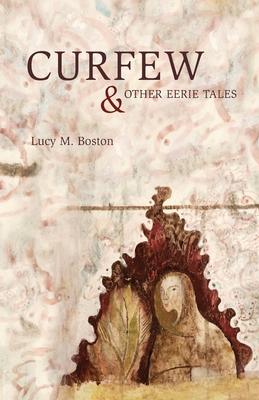Lucy M. Boston is best remembered today as the Carnegie Medal-winning author of a series of children's novels set in Green Knowe, an ancient, haunted house based on Hemingford Grey Manor near Huntingdon, Cambridge. She began writing these chilling tales when she was already in her sixties, but they were not her first attempts at fiction. A handful of supernatural tales dating from the early 1930s exist among her papers, and these are here published together for the first time, along with her only play, The Horned Man, which has been out of print since 1970. An introduction by Robert Lloyd Parry considers the literary influences on these works and looks at them in the context of Boston's personal life.
Of the short stories in this volume only three have been published before - "Curfew", "The Tiger-Skin Rug" and "Many Coloured Glass" - all having appeared originally in long out of print anthologies for children. Children play pivotal roles in the first two of these stories, but there is nothing specifically juvenile about their language or themes, nothing to exclude them from a mature bookshelf. Indeed in her use of children as witnesses and victims of the supernatural, Boston was - consciously or otherwise - emulating that other great East Anglian supernaturalist, M. R. James.
Boston's debt to James, in fact, runs deep. The stories collected here offer the same unmistakeable, inexplicable malice that we find in James, and the same lurking feeling of terror: what Boston calls in "Curfew" the "thrill, or chill, of expectation". And like James's most celebrated stories, most of those collected here centre around antiquarian objects - an old bell, a rug bought at auction, an intricately carved desk left in a house by a previous occupant - curious trouvs, artefacts of the past that carry more than memories with them.
